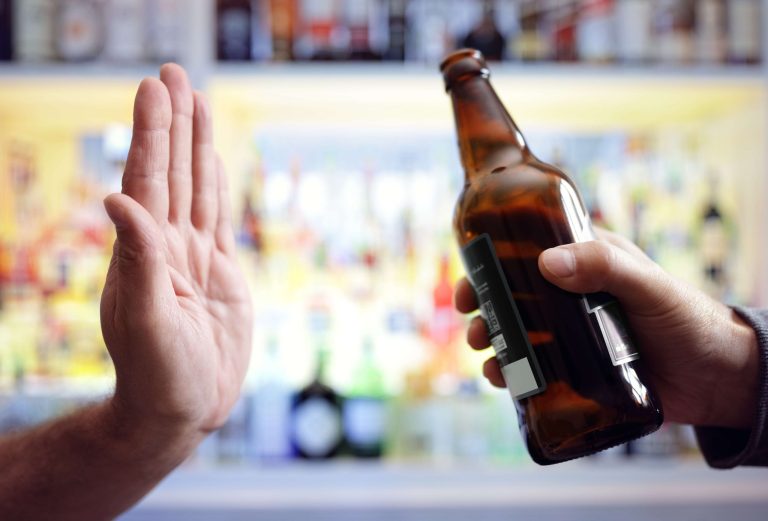Mental health counselors and therapists can provide guidance, support, and evidence-based treatments to address the underlying causes of depression. They can also help individuals develop coping mechanisms and strategies to navigate the emotional challenges that may arise during this time. Mental health counselors and support groups can provide guidance and assistance throughout the recovery process, helping individuals cope with depression and navigate the challenges of post-alcohol cessation. Individuals with a substance use disorder are significantly more likely to experience depressive symptoms, and those with a depressive disorder have an increased risk of substance use disorders.
Strategies to Address Alcohol & Underage Drinking
It’s important to remember that each person’s experience is unique, and some individuals does drinking make your depression worse may recover from alcohol withdrawal depression more quickly than others. Understanding the timeline of alcohol withdrawal depression can help individuals going through this process have realistic expectations and seek appropriate support. It’s important to reach out to healthcare professionals or support groups for guidance and assistance throughout the journey of recovery. Remember, recovery is a unique process, and with time, support, and self-care, it is possible to overcome alcohol withdrawal depression and move towards a healthier and happier life.
How to Know if Your Loved One is Using Drugs

The withdrawal response is mild and resembles a sedative withdrawal alcoholism syndrome with psychotic symptoms. Severe withdrawal symptoms tend to occur in chronic users and can also present with seizures and rhabdomyolysis. As with alcohol withdrawal, benzodiazepine and barbiturate withdrawal are potentially life-threatening and require aggressive management.
- The onset of these symptoms can be quite variable, depending on several factors, including the amount of alcohol consumed and the duration of the individual’s drinking history.
- We’ll explore the science behind these two struggles and how they can impact people’s lives.
- These tests help them calculate your risk factors for either condition.
- There are many resources available to help, including peer support groups, counseling, therapy, and inpatient rehabilitation.
- Either way, your therapist or doctor may help get you the right treatment.
Disorders

One aspect of building emotional resilience is understanding and accepting that life will improve after overcoming addiction. This perspective can provide a sense of hope and motivation during challenging moments. There is substantial variation in alcohol withdrawal syndrome (AWS) between individuals, with severe cases sometimes causing a condition called delirium tremens (DT). DT results from your central nervous system remaining more active than it needs to be. For this reason, people with AUD may benefit from consulting a medical practitioner to address alcohol use concerns. Medical management of alcohol withdrawal is beneficial for mild to moderate symptoms; it is considered necessary for severe symptoms.